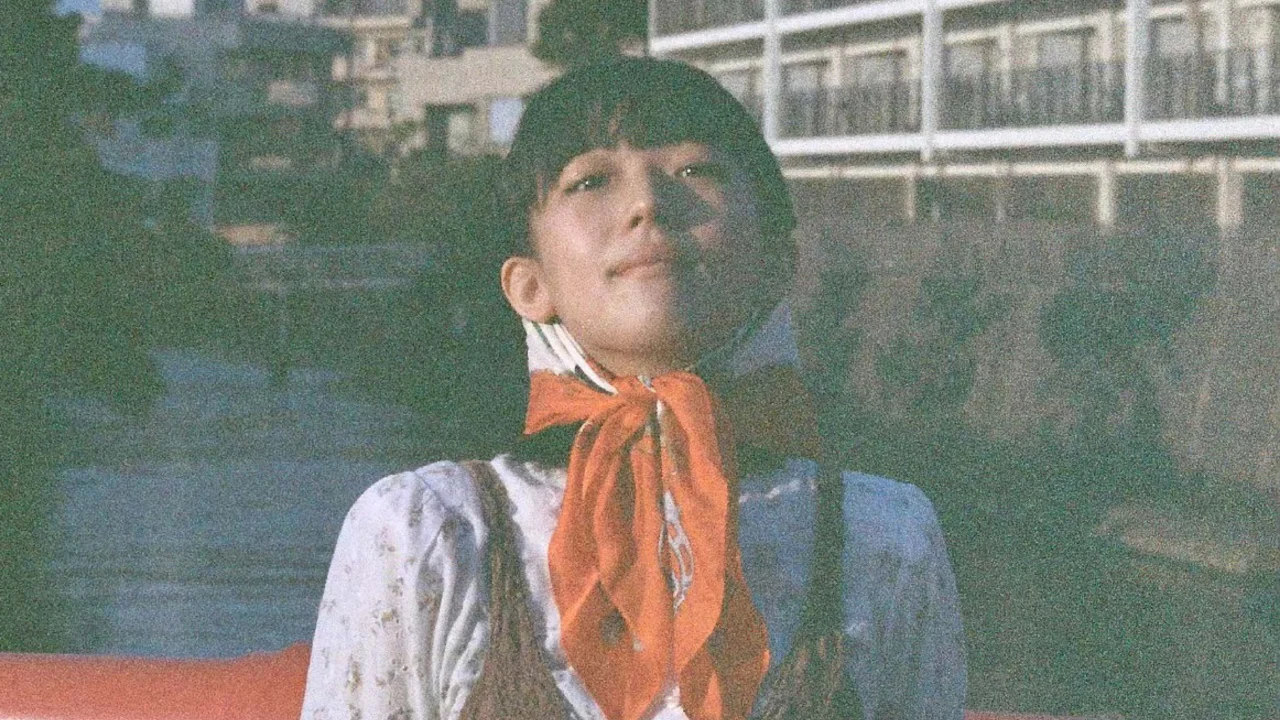INDEX
Neoliberalism, The Smiths, and the Protagonist
That is not the only funny thing about The Smiths’ songs in “The Killer”. Naturally, the appeal of The Smiths’ songs (or, more precisely, the appeal of Morrissey’s lyrics) is not limited to the aforementioned vivid expression of the loneliness and alienation of youth and the nihilistic self-consciousness that accompanies it. As is well known, they were perhaps one of the most political bands in 1980s Britain. Their political stance was distinctly leftist and based on radical anti-authoritarianism, as evidenced by Morrissey’s scathing criticism of Margaret Thatcher’s “neoliberal” and “neoconservative” policies (leaving aside his recent “rightward turn”). (I’ll leave aside his recent “rightward turn” for the moment). It is also known that Morrissey was greatly influenced by the so-called “Kitchen Synchrialism*” even before the band was formed, and that he sharpened his own expression. It is precisely because Morrissey did not let go of this perspective that the power of the sense of alienation and thirst for identity characteristic of youth that pervades their music is uniquely connected to an awareness of social issues and has a political impact.
*Kitchen Sink Realism… a cultural movement that flourished in Britain from the late 1950s to the early 1960s. Characterized by its focus on everyday motifs akin to the kitchen sink and its aim to depict the laborious lives of working-class individuals with a foundation in social realism. In the realm of cinema, Kitchen Sink Realism was led by figures like Tony Richardson and Lindsay Anderson, later succeeded by Ken Loach. In relation to the discussion in the main text, one could perceive “The Killer” as an inverted caricature of Ken Loach’s film “Sorry We Missed You” (2019), which portrays the calamities brought by the gig economy, reflecting the social and economic realities in a contrasting light.

Contrarily, a closer examination of the protagonist, the assassin in “The Killer,” strongly suggests that he is not genuinely aware of such issues, as evident from the film’s narrative. Although he initially presents as a solitary, anti-authoritarian bohemian, the aforementioned monologue exposes him as a self-centered individual. While the notion of altruistic assassins may seem nonsensical, he has unmistakably internalized a consciously calculated perspective on his profession. Operating as a “professional,” he foresees the future, lacks empathy for others, remains detached from any community, sidesteps regulations, conducts killings as a business for personal gain, and strives for maximum impact through efficient investments. Essentially, he serves as a caricature of an individual who has excessively and unmistakably embraced the principles of the so-called “neoliberal” ethic/logic.
He is a freelance killer who acts “freely” under his own responsibility. He receives orders from clients on a case-by-case basis, and makes decisions and acts “independently” on his own. Although he believes himself to be an excellent person who is committed to professionalism, once an unforeseen situation arises, he naturally cannot expect any backing from the organization. Not only do they have no backing, but a single failure can quickly bring them into the displeasure of the client or prime contractor and bring them to the brink of the ultimate punishment: death. In short, the assassin’s figure is a caricature of the risks of being a sole proprietor (subcontractor) in a late-stage capitalist society that has achieved a high degree of job mobility.























